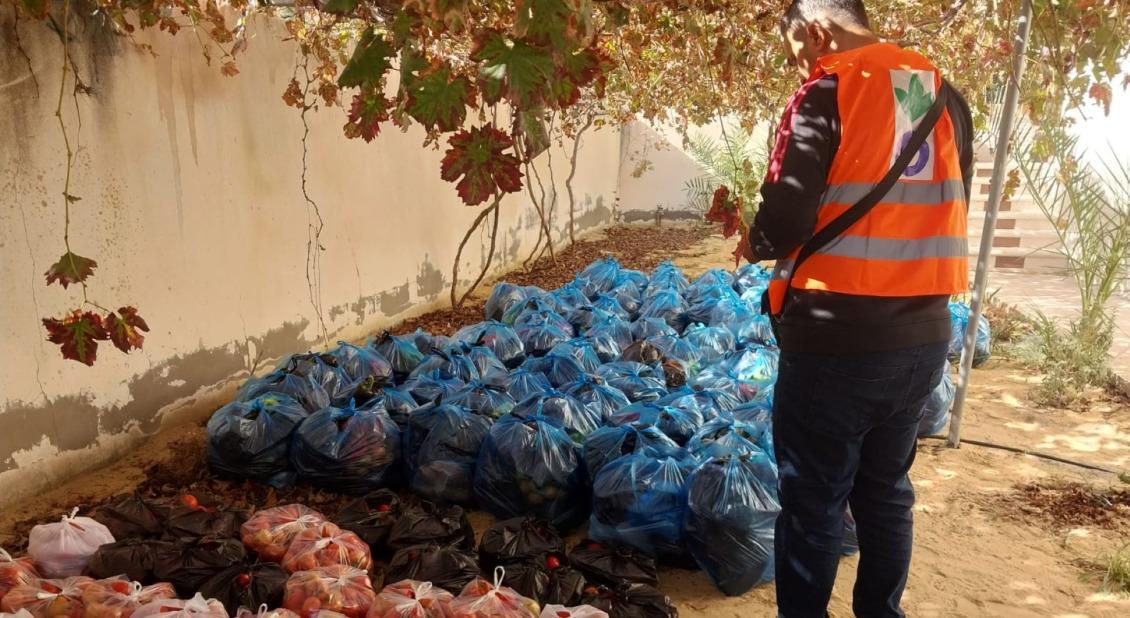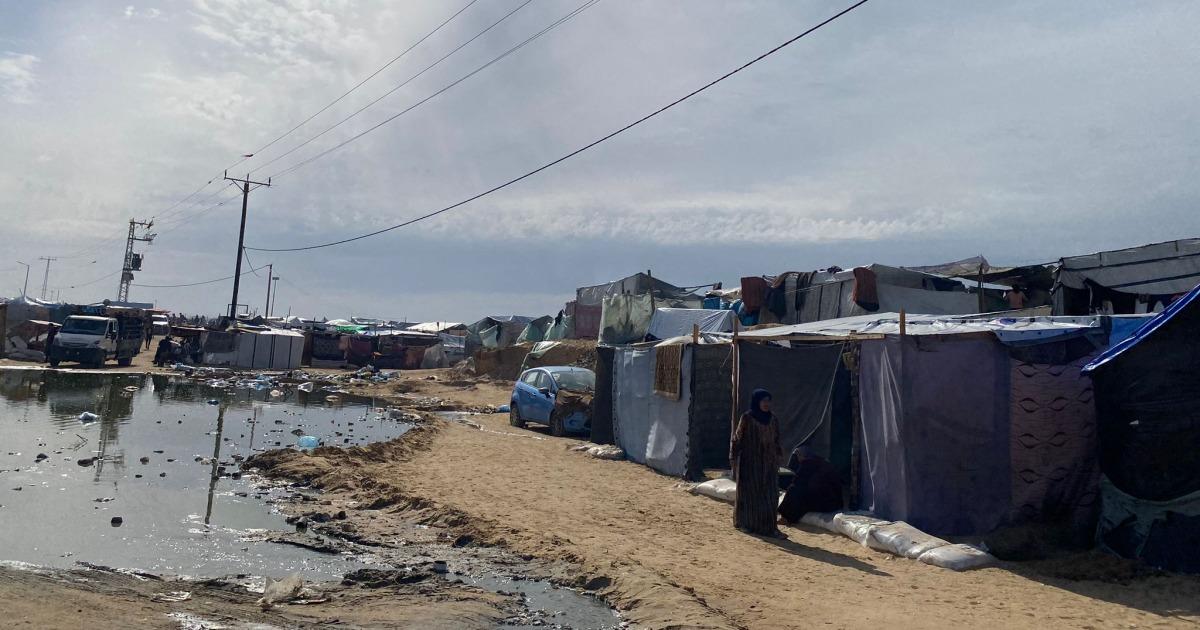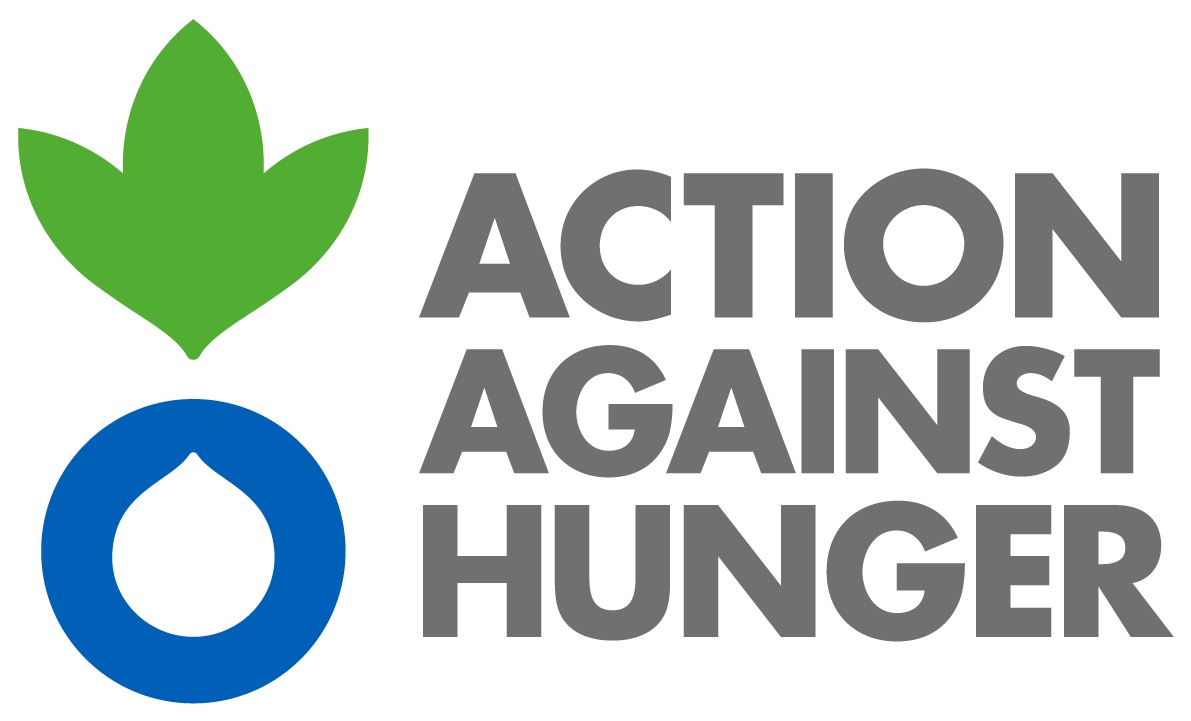Famine Imminent in Gaza As Half a Million Women and Children Lack Access to Basic Nutrition Services
Action Against Hunger Launches New Project in Deir al Balah
June 7, 2024 /3BL/ - Action Against Hunger, one of the few humanitarian organizations working on nutrition projects in Gaza, has launched a program to prevent malnutrition among pregnant and breastfeeding mothers and children under five years old. Currently, more than half a million children and mothers are in need of nutritional assistance and half of the Gaza Strip’s population — more than one million people — are on the brink of famine.
“We have been working on development programs in Gaza since 2005, but before October, we did not have nutrition and health programs in Ga za, because it was not necessary,” said the nutrition and health coordinator of Action Against Hunger’s emergency team, who just returned from Gaza. “But given the current circumstances, we are doing everything we can as quickly as possible.”
Many malnourished children, especially those two years old, are in need of urgent care. “We are seeing how the lack of food affects their development: their growth rate is not where it should be for their age. Vital organs such as the heart, kidneys and lungs are weakened. They are immunosuppressed and suffer more strongly from infections,” said the health coordinator, who is not being named for security reasons. “In addition, there are children who have not received any vaccinations in the last seven months and who live in very precarious conditions. They have no access to decent sanitary infrastructures. In our hunger treatment centers, we receive them sick, especially with coughs and possible pneumonia, and when we treat them in the clinics, we see they are suffering from malnutrition.”
Action Against Hunger launched a new nutrition program in Deir al Balah to prevent and treat malnutrition for newborns and mothers. Teams aim to support more than 13,000 vulnerable people by distributing lipid-based nutritional supplements.
Prior to the current conflict, less than 1% of Gaza’s children under five were acutely malnourished, but the blockade of the Gaza Strip since then has led to catastrophic food insecurity.
“In the clinics where we work, we do an anthropometric screening by measuring their upper arm circumference to determine if they are at risk of malnutrition. We distribute an extra 270-calorie supplement, about 50 grams, which they take daily for 15 days,” said the Action Against Hunger nutrition and health coordinator. “After two weeks, they again receive the ration for the next 15 days. We also give the mothers training on breastfeeding or care before they return to their tents or shelters.”
The impending risk of famine in Gaza could be averted if humanitarian aid could enter without impediments through all land crossings, implementing basic services and halting the deteriorating food security, health, and nutrition situation. However, without a permanent ceasefire, famine remains imminent.
About Action Against Hunger in the Occupied Palestinian Territories
Action Against Hunger has been working in Gaza since 2005 and the West Bank since 2002. Since Oct. 7, we’ve reached over 837,000 people in Gaza, including over 709,000 through water, sanitation, and hygiene (WASH) programs. Our assistance includes distributing hot meals and hygiene kits; trucking clean water to communities; connecting people with shelters; and providing assistance with removal of solid waste management.
About Action Against Hunger
Action Against Hunger leads the global movement to end hunger. We innovate solutions, advocate for change, and reach 28 million people every year with proven hunger prevention and treatment programs. As a nonprofit that works across 55 countries, our 8,900 dedicated staff members partner with communities to address the root causes of hunger, including climate change, conflict, inequity, and emergencies. We strive to create a world free from hunger, for everyone, for good.



